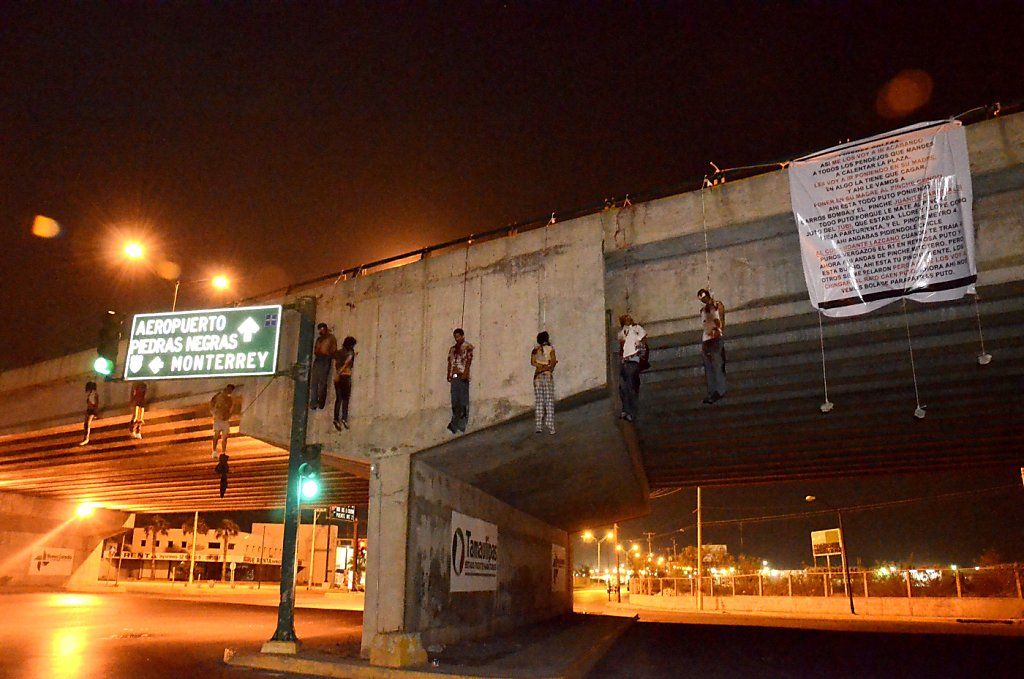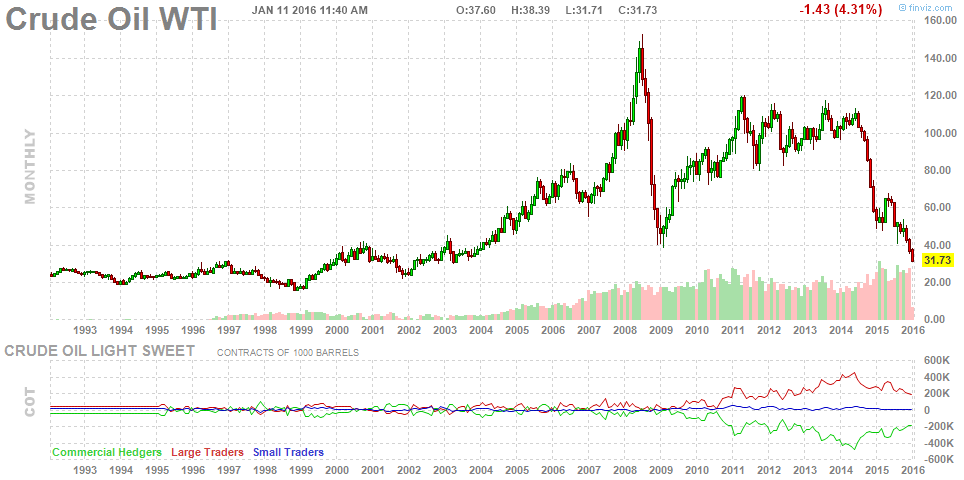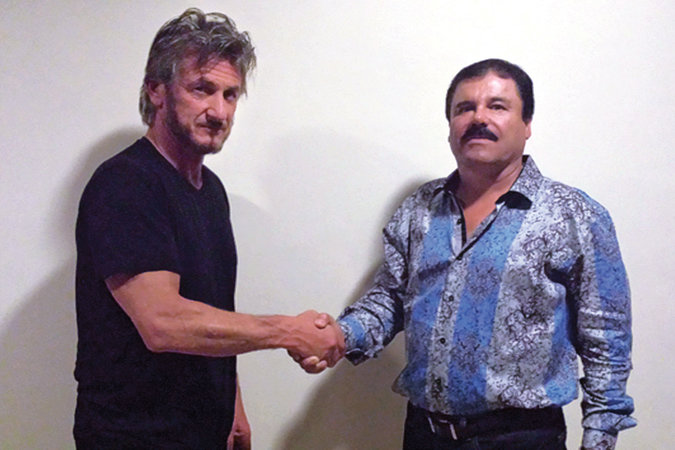 American media like those in Mexico focus upon celebrities but there are deeper, more complex currents that create the fame of the celebrities. El Chapo’s wealth comes not from his 2nd Grade education but his skills in supplying the drug market in the United States. The money from drugs can corrupt American efforts as a case reported in the Texas Valley provides. From The Monitor in McAllen:
American media like those in Mexico focus upon celebrities but there are deeper, more complex currents that create the fame of the celebrities. El Chapo’s wealth comes not from his 2nd Grade education but his skills in supplying the drug market in the United States. The money from drugs can corrupt American efforts as a case reported in the Texas Valley provides. From The Monitor in McAllen:
McALLEN — A former Starr County narcotics officer was sentenced to seven years in prison Friday for his role in a scheme that involved stealing drugs from drug cartels.
Noel Peña, 30, was charged with two counts of conspiracy to possess with intent to distribute more than 5 kilograms of cocaine last April. In the scheme, Peña was tipped off to the location of cocaine and then staged a law enforcement operation, the complaint states.
Peña spent seven years as a Rio Grande City police officer, including four assigned to the Starr County High Intensity Drug Trafficking Area task force, where he worked since 2011.
HIDTA was created in 1990 to diminish drug trafficking in the U.S. Southwest border. Fourteen counties across Texas have HIDTA task forces. The one in Starr County reports to 229th District Attorney Omar Escobar, according to the Office of National Drug Control Policy website. Hector Salinas-Hinojosa, of Roma, was also charged with conspiring with Peña in the distribution operation, according to court documents. Both men pleaded not guilty to two counts of conspiracy to possess with intent to distribute cocaine from April 1 to April 17.
In July, Peña and Salinas-Hinojosa agreed to plead guilty to the first count in exchange for a lighter sentence and had the second conspiracy charge dropped by prosecutors, according to court documents. Salinas-Hinojosa was also sentenced Friday and received five years in prison for his role in the conspiracy, according to court records. Federal agents arrested the duo April 18 after they said the two conspired to hand over a falsified police report to an undercover officer they thought was a cocaine trafficker, a criminal complaint states. The undercover officer told them he needed help stealing the bulk of a 22-pound load of cocaine he was holding for a drug cartel, according to the complaint.
Driving much of the chaos in Mexico is the extreme differential between incomes in Mexico compared to the United States. Across decades this differential remained largely unnoticed but the movement of world manufacturers to create factories in Mexico to export finished products to the United States highlights this differential. The differential is apparent in twin border cities like El Paso and Juarez.
This story from The Atlantic illustrates:
CIUDAD JUAREZ, Mexico — Women and men, more than 70 of them, were fired on December 9th from the factory on the Mexican side of the Mexico-Texas border where they made printers for the American company Lexmark. They say they were terminated because they were trying to form an independent union. The company says they were fired because they caused a “workplace disruption.”
Now, the workers protest by occupying a makeshift shack outside the factory, still advocating for a raise and for a union, even though they no longer have jobs. Outside, a spray-painted banner reads “Justicia A La Clase Obrera” meaning “Justice for the Working Class.” Inside, a wood stove burns as they make coffee and cook tortillas and wait for someone to hear what they have to say.
“We are hungry. Our children are hungry,” Blanca Estella Moya, one of the fired workers, tells me. “You cannot live on these wages in Juarez.”
In the Lexmark maquiladora, or factory, Moya made 112 pesos, or roughly six U.S. dollars, a day. Her shifts were nine-and-a-half hours long, her lawyer, Susana Prieto Terrazas, says. That’s about 39 cents an hour. That wage is a legal one in Mexico, but Terrazas argues it shouldn’t be.
“It’s not possible to live on these wages. It’s not human,” said Terrazas, who has dark, curly, dyed-red hair, and was wearing a plaid checkered blouse and jeans. “They are creating generations of slaves.”
It’s not just Lexmark: Workers at Mexican subsidiaries of FoxConn, Eaton, and CommScope in Juarez have all protested working conditions and compensation in recent months. Women tell of sexual harassment at the factories and of working multiple shifts to make ends meet. The devaluation of the peso has meant their money buys less than it once did. The protests come at an inopportune moment for Mexico. Many companies, especially automakers, are moving production to Mexico after deciding that the costs and logistical headaches of manufacturing in Asia are too great to bear. Mexico is trying to welcome them with open arms.




